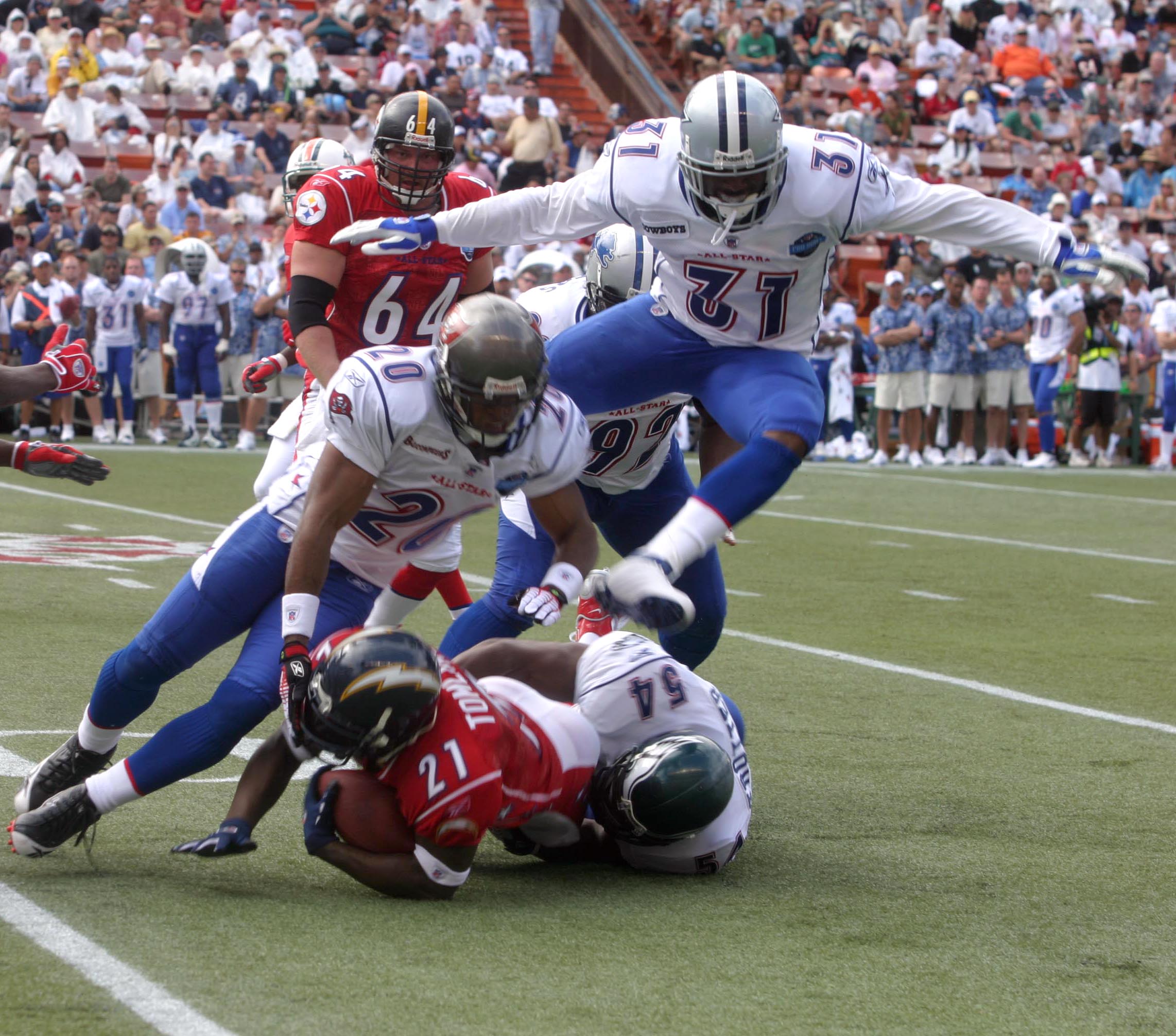
The time is right to reopen discussions and to conduct research looking at the effects of mild traumatic head injuries and the connections to dementia later in life.
Since the publication of Alzheimer’s Australia NSW’s paper in March 2013, examining the connection between later-life cognitive impairment and dementia (primarily Chronic Traumatic Encephalopathy — CTE) in football players who suffer multiple concussive and subconcussive injuries throughout their playing career, public awareness of the potential long-term effects of concussions and mild traumatic brain injuries sustained in sport, especially different types of football, has continually increased.
There is a growing understanding of the link between blows to the head experienced in football and other contact sports, such as boxing, and the potential for increased risk of dementia in later life.
Professor Dr Margie H Sharpe says,
“It is certainly pleasing to note the attitude toward concussion amongst football players, coaches, team managers, etc has matured considerably over the past two decades. That said, the connection between concussion and dementia is worrying.”
She says, “I vividly recall approaching the AFL in 1994/95 about a research study looking at the effects of mild traumatic head trauma on psychomotor skills (e.g balance) in footballers and learnt from management that the players would not participate for fear of jeopardising their football career.”
The Alzheimer’s Australia NSW’s re-released and updated paper states,
“Football players may sustain concussive or subconcussive injuries throughout their playing career, with research suggesting this may increase their risk of developing CTE. The relationship between concussions and traumatic brain injuries (TBIs) sustained in football and dementia is complex.”
Alzheimer’s Australia NSW believes that the association between concussions and other head injuries sustained in football and the development of dementia is sufficiently concerning for steps to be taken to protect players.
Professor Dr Margie H Sharpe says,
“We should also remember the elderly, some of whom fall, often repeatedly, and hit their heads; remain vulnerable to cognitive changes quite apart from the physical injuries they sustain. This is true also for children playing contact sports.”
Back in 1994/95 players did not want to admit they were concussed and jeopardise their careers, so there was no support for the research study. Community awareness and thinking has changed.
Professor Margie H Sharpe believes the time is right to reopen discussions and to conduct research looking at the effects of mild traumatic head injuries and the connections to dementia later in life.
Read the full report online here: https://nsw.fightdementia.org.au/
Professor Margie H Sharpe’s Concussion information in the Glossary
Wiki – Traumatic Brain Injury: https://en.wikipedia.org/wiki/Traumatic_brain_injury (Feature Photo Credit)
